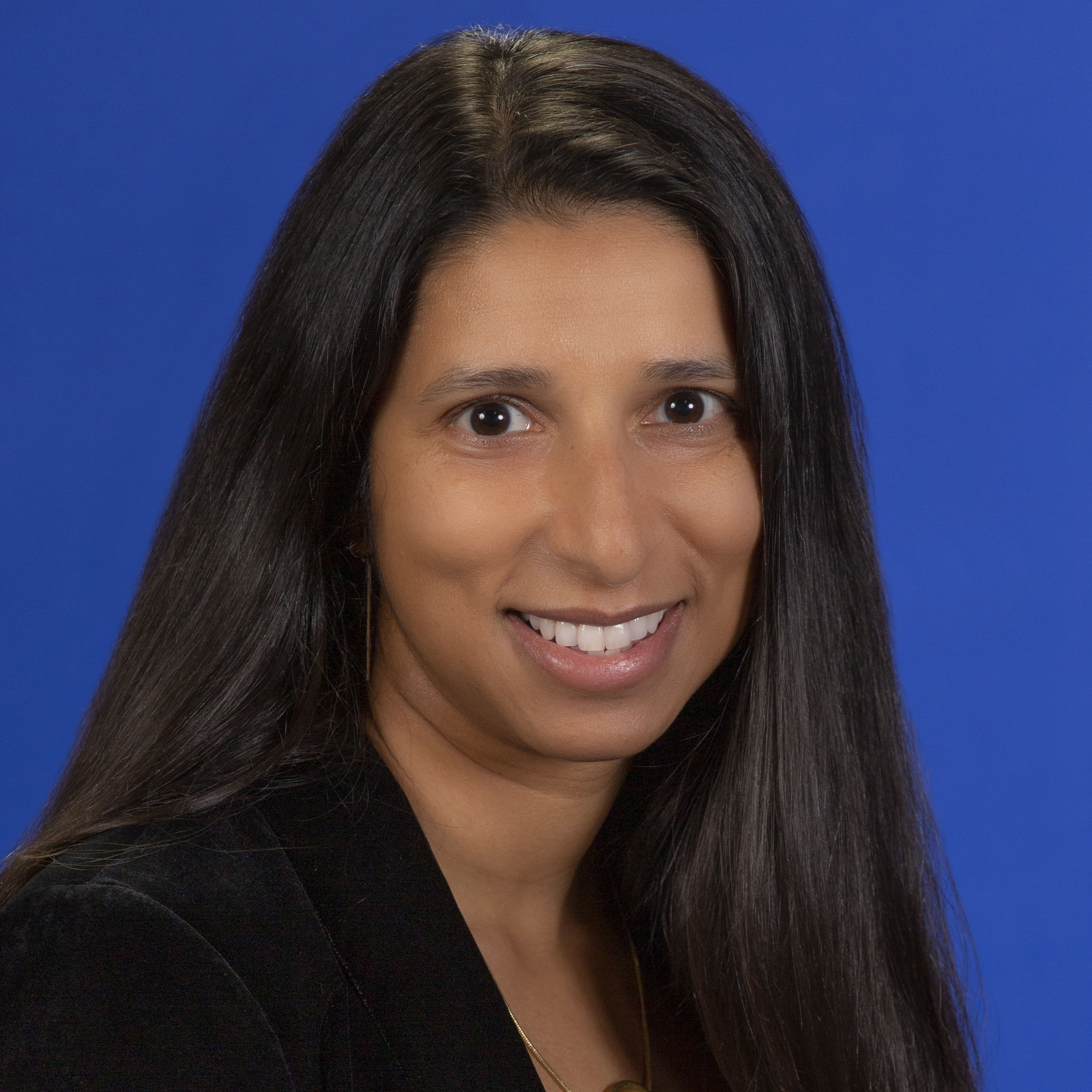UC Davis Comprehensive Cancer Center is making it easier for patients to contribute biological samples to support cancer research. The cancer center and the Clinical and Translational Science Center have created a Universal Consent Registry, a secure database of patients who have opted into the program. The registry is designed to boost prospective research, which follows patients over time.
"Any patient who comes to the cancer center has the opportunity to sign an informed consent form that gives our researchers permission to access any leftover biospecimens and data from their care," said Shehnaz K. Hussain, professor and associate director of Population Sciences. "The patient doesn't have to do anything beyond signing the form. Everything is taken from routine care."
How the registry works
The data and samples of patients who opt in and grant permission can be used for cancer research if they meet a study's requirements. This can include cancer type, tumor characteristics or treatment received.
Over time, the registry will build and that will provide more research opportunities. Eventually, we plan to expand it beyond the cancer center to other areas in UC Davis Health."-Shehnaz Hussain, professor and associate director, Population Sciences
For instance, a researcher could be interested in a protein biomarker that might predict triple-negative breast cancer patients' risk of recurrence. The registry would give them access to samples and data from all triple-negative patients who consented.
Using these resources, the researcher would investigate whether that biomarker can accurately predict outcomes. Work like this could ultimately give oncologists and patients better tools to determine how aggressively to treat each unique cancer.
"If a patient has signed on to the consent registry, and their diagnosis meets the requirements for a specific study, we can flag their blood or other specimens to be saved for research," said Hussain. "Otherwise, the samples are only used for standard clinical care and then discarded."
Preserving privacy
Patient privacy is one of the highest priorities for the registry, and the cancer center has developed rigorous protocols to ensure it is never violated. An expert committee reviews each request. If approved, the medical informatics team, led by Nick Anderson, the Robert D. Cardiff Professor of Informatics and director of Informatics Research, securely delivers the data to the research team.
"Anytime an investigator needs patient data, the informatics team acts as an honest broker," said Hussain. "They transmit that data but do not release any information that might identify the patient."
This is a highly efficient way to support cancer research. Before the establishment of the registry in August 2024, investigators often hired research coordinators to identify people who might qualify for their studies. Each patient was asked individually for their consent and then had to submit to the collection of new specimens for analysis.
The approach was labor-intensive and more intrusive for patients. The Universal Consent Registry streamlines the process for patients as well as for scientists, and gives researchers more immediate access to samples, which could accelerate their work and ultimately improve care for cancer patients.
"When people have signed the consent, it gives our researchers a pool of patients who directly contribute to their work," said Hussain. "If an investigator wants to study a very rare form of cancer, we look at the registry, and perhaps we can find 20 patients who meet the criteria. Over time, the registry will build, and that will provide more research opportunities. Eventually, we plan to expand it beyond the cancer center to other areas in UC Davis Health."







